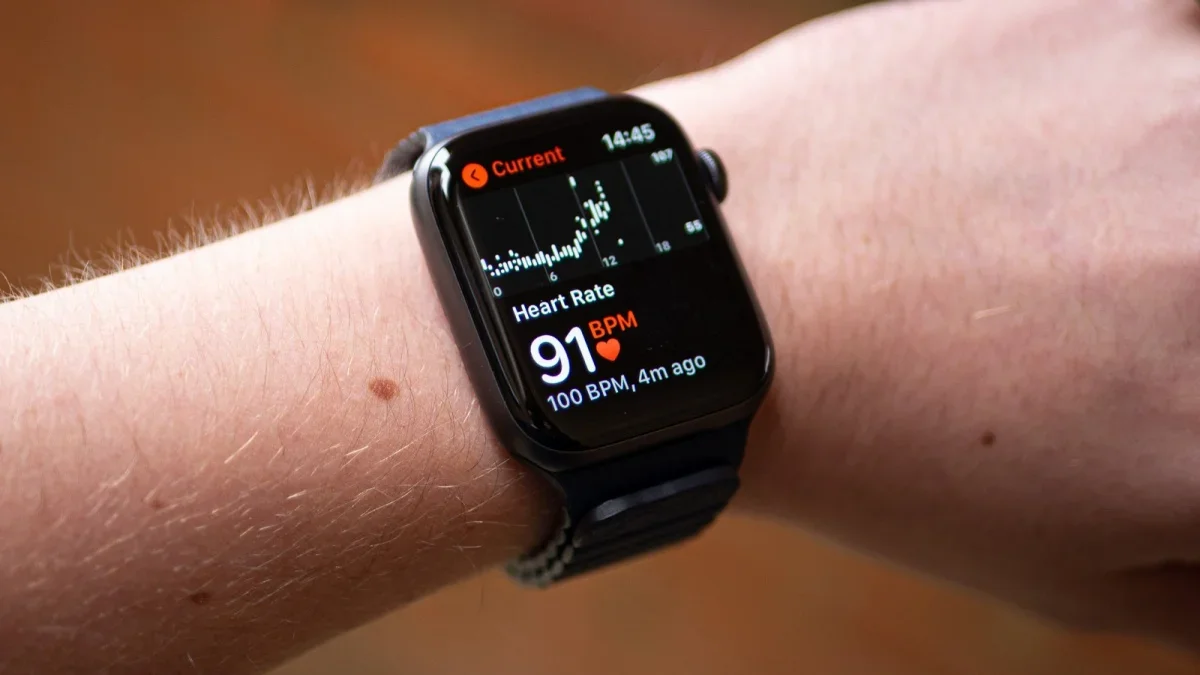Nowadays, smartwatches are everywhere. Once a rarity, today you can see these gadgets on pretty much everyone's wrists. We use them to track our health and fitness metrics, get notifications, and tell us if we slept well.But how accurate are those algorithms exactly?
One recent study, focused on one of the main algorithms in smartwatches used to track burnt calories, shows that most of the smartwatches are wildly inaccurate.MailOnline tested seven different devices from major manufacturers in a scientific experiment to see which one tracks the most accurate number of burnt calories. Spoiler—the only device within 10% of the lab-controlled result was the
Apple Watch 10.
The test was conducted in a lab in London, equipped with devices able to measure calorie usage with very high accuracy. The preparation included a basal metabolic rate measurement, a Dexa scan for body composition analysis, and a variety of other medical assessments prior to the actual calorie burn test.After this was done, the test subject jumped on a stationary bike and got his VO2 max measured via an oxygen mask and a medical-grade heart rate monitor.
These tests produced a figure for the calories burnt that was about as accurate as possible, and it was then used to compare against seven brands of smartwatches. Here are the results in percentage (higher percentage means the result is close to the lab measurement):
The
Apple Watch 10 is the one that's closest to the lab result with a 92% match, followed by the Garmin Vivoactive 6 with 112%. In the case of the Garmin, the device overestimated the burnt calories by 12%, while the
Apple Watch 10 was 8% below.
Why the wild variations? On the one hand, these devices rely on much simpler sensors and methods of gathering data. But the surprising part is that some of the equations these algorithms work with “were developed more than a century ago and are not very accurate,” MailOnline says.“Wearables are popular because people think it’s personalized data,” says Owen Hutchins, who runs the My Vital Metrics lab used for the test. “Unfortunately, the reality is that they’re using a whole bunch of algorithms to predict you—not to measure you.”It's also worth mentioning that the results may vary depending on the person—this 92% accuracy is strictly tied to the test subject of that particular story. If you were to take the same experiment with the same
Apple Watch 10 smartwatch, chances are the result might've been totally different.Nevertheless, it's reassuring for Apple users that the latest smartwatch from the company is one of the most accurate devices to track your calories-burnt metric.Other scientific tests have shown that the
Apple Watch 10 also has one of the most accurate heart-rate sensors on board, which might explain the results above. If you fancy buying an
Apple Watch 10, there's a great deal that can save you some money in the process.
Amazon is offering a $70 discount on the 46 mm GPS version of this smartwatch, bringing the cost to just under $360. You can take your time and hunt for a better deal, as the
Apple Watch 10 has been seeing some $100 discounts lately, but if you want it now, then you should pull the trigger on the deal above; just follow the link above.What do you think about the calorie measurement capabilities of the
Apple Watch 10? Share your thoughts in the comment section below, and be sure to also vote in our poll.

